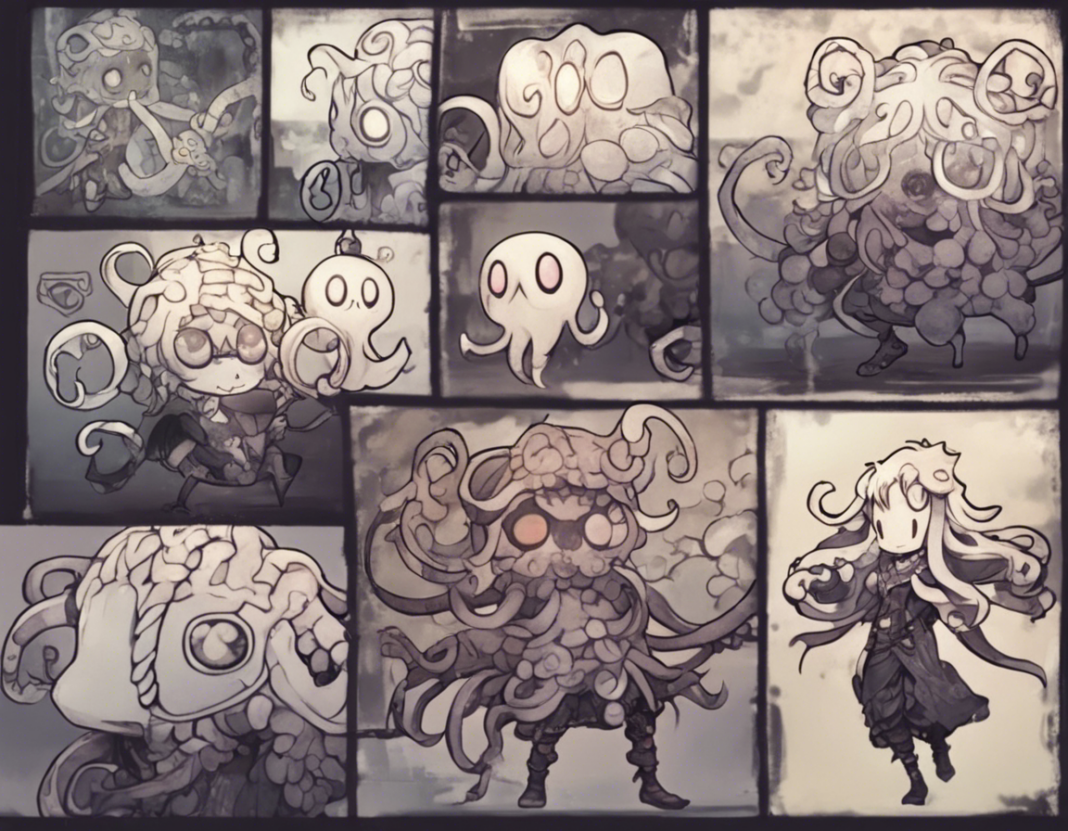On April 2021, the cosplay community was rocked by a scandal that sent shockwaves through social media platforms and online forums. The Octokuro Leak, also known as the Octokuro Incident, revealed private and intimate images and videos of the popular cosplayer and model, Octokuro. As the news spread like wildfire, fans, followers, and fellow cosplayers were left stunned and outraged by the violation of privacy and breach of trust. In this article, we will explore the Octokuro Leak scandal, its impact on the cosplay community, the broader implications of such incidents, and the importance of online security and privacy for individuals in the digital age.
The Emergence of the Octokuro Leak
The Octokuro Leak originated from a hack or breach of Octokuro’s private accounts, including her cloud storage, social media profiles, and personal devices. The leaked content, which included personal photos, videos, and sensitive information, was then distributed online without Octokuro’s consent or knowledge. The unauthorized dissemination of these private materials not only violated Octokuro’s privacy but also raised concerns about the safety and security of online platforms and the potential risks of cyber threats for individuals, especially those in the public eye.
The Impact on Octokuro and the Cosplay Community
The Octokuro Leak had profound repercussions on Octokuro personally, leading to feelings of betrayal, vulnerability, and emotional distress. The invasion of her privacy and the public exposure of her private moments without consent inflicted significant harm and trauma, highlighting the darker side of online fame and the challenges faced by individuals who navigate the digital landscape. Moreover, the fallout from the leak reverberated across the cosplay community, sparking discussions on cybersecurity, consent, and the ethical responsibilities of online platforms and users in safeguarding personal information and respecting boundaries.
Privacy, Security, and Consent in the Digital Age
The Octokuro Leak underscored the pressing need for robust privacy measures, stringent security protocols, and clear policies on consent in the online sphere. As individuals increasingly store and share sensitive data and content online, the risk of cyberattacks, data breaches, and privacy violations has escalated, necessitating proactive measures to mitigate these threats. From two-factor authentication and encryption to regular security audits and awareness campaigns, safeguarding privacy and security in the digital age requires a multifaceted approach that empowers users to protect their digital footprint and uphold their rights to privacy and consent.
The Role of Community Support and Advocacy
In the aftermath of the Octokuro Leak, the outpouring of support, solidarity, and advocacy from fans, friends, and fellow cosplayers underscored the importance of community resilience and empathy in times of adversity. By rallying around Octokuro, condemning the leak, and advocating for greater awareness of cybersecurity and privacy issues, the cosplay community demonstrated its capacity for compassion, unity, and collective action in combating online harassment, invasions of privacy, and violations of consent. This collective response not only offered Octokuro a source of strength and comfort but also sent a powerful message about the values of respect, empathy, and accountability that should underpin online interactions and relationships.
Empowering Individuals Through Education and Awareness
In light of the Octokuro Leak and similar incidents that have exposed the vulnerabilities of online privacy and security, education and awareness-raising initiatives are integral to empowering individuals to navigate the digital landscape safely and responsibly. By promoting digital literacy, cybersecurity best practices, and ethical guidelines for online conduct, individuals can enhance their resilience to cyber threats, protect their personal information from unauthorized access, and foster a culture of respect for privacy and consent in the digital realm. Through collaborative efforts between stakeholders, including internet users, tech companies, policymakers, and civil society organizations, we can cultivate a safer, more ethical online environment that upholds the rights and dignity of individuals in a connected world.
Frequently Asked Questions (FAQs)
-
What can individuals do to protect their online privacy and security in light of the Octokuro Leak?
To protect their online privacy and security, individuals can implement strong passwords, enable two-factor authentication, regularly update their security settings and software, avoid sharing sensitive information or content with untrusted sources, and remain vigilant against phishing scams and social engineering tactics. -
How can the cosplay community support cosplayers like Octokuro in the event of privacy breaches?
The cosplay community can show support through messages of solidarity, refraining from sharing or accessing leaked content, advocating for respect for privacy and consent, and promoting cybersecurity awareness and education within the community. -
What legal recourse do individuals have in cases of privacy violations like the Octokuro Leak?
Individuals whose privacy has been violated can seek legal advice to explore options such as pursuing civil lawsuits for damages, filing complaints with relevant authorities or platforms for data protection violations, and advocating for stronger privacy laws and regulations to prevent similar incidents in the future. -
What ethical responsibilities do online platforms have in safeguarding user privacy and preventing data breaches?
Online platforms have a duty to implement robust security measures, enforce clear policies on data protection and privacy, provide users with control over their personal information, respond promptly to security incidents, and uphold ethical standards in their handling of user data and content. -
How can individuals contribute to a safer online environment that respects privacy, security, and consent?
Individuals can contribute by practicing good digital hygiene, raising awareness about cybersecurity risks and privacy rights, engaging in constructive dialogue on ethical use of technology, supporting initiatives that promote online safety and digital literacy, and holding platforms and users accountable for upholding principles of privacy, security, and consent in their online interactions.
